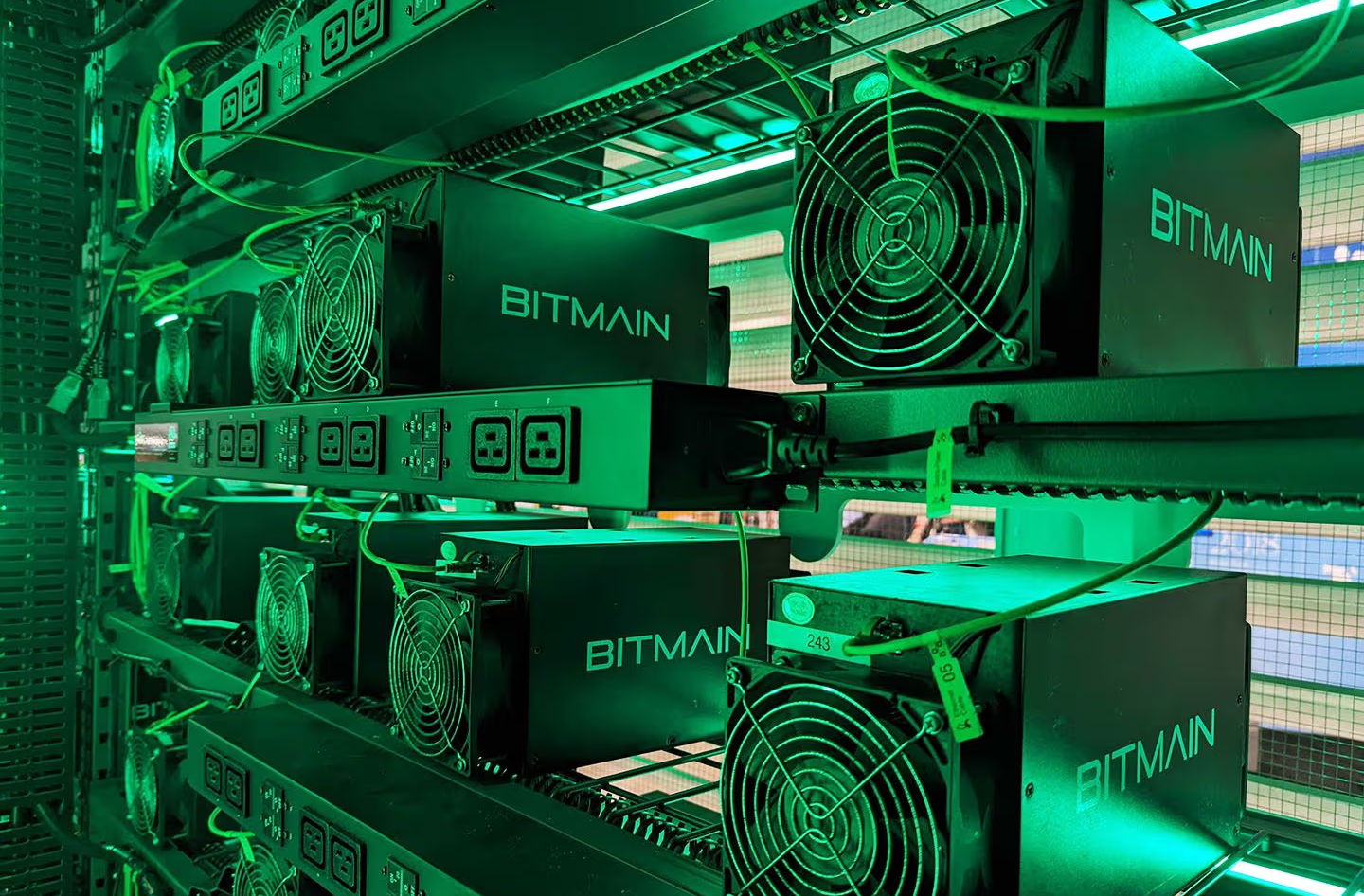U.S. and Other Countries Can Step Up Bitcoin Mining ASIC Production Amid Trump Tariffs

The world of Bitcoin mining is facing a shakeup as most ASIC machines, the specialized hardware that power Bitcoin miners, come from China, where companies like Bitmain dominate the market. With the Trump administration pushing high tariffs on Chinese imports, the cost of bringing these machines into the U.S. could soon climb astronomically, squeezing profitability for American miners.
This has sparked a pressing question: can countries outside of China, or even the United States itself, rise to the challenge and fill the void?
Right now, China holds a tight grip on Bitcoin mining ASIC production, with firms like Bitmain, MicroBT, and Canaan controlling over 95% of the market. These companies have honed their craft over many years, churning out efficient, powerful machines at a scale that’s tough to match. But as tariffs are kicking into high gear and trade wars are heating up, Bitcoin miners in the U.S. are looking for alternatives, and the global landscape offers some possibilities worth exploring.
Taiwan stands out as a key player, thanks to the Taiwan Semiconductor Manufacturing Company, or TSMC, which produces the high-tech chips found in many ASICs. While TSMC doesn’t build complete mining machines, its role in the supply chain is critical, providing advanced technology that companies like Bitmain rely on. Elsewhere, Japan made waves a few years back when GMO Internet Group ventured into ASIC development, though it hasn’t yet disrupted China’s lead. In the U.S., Intel dipped its toes into the market with energy-efficient chip designs in 2022, only to pull back later, showing how tricky it is to compete with China’s established giants.
Stay In The Loop and Never Miss Important Bitcoin and Crypto News
Sign up and be the first to know when we publishWhat It Would Take for the United States to Build Its Own ASIC Industry
The U.S. has the know-how to produce Bitcoin mining ASICs, with its strong semiconductor industry and engineering talent paving the way. However, turning that potential into reality isn’t simple and would demand serious effort. Government support, like the CHIPS and Science Act, which pumps billions into domestic chipmaking, could be a game-changer if tailored to this market.
Building a competitive industry means investing heavily in research and development to match the efficiency of Chinese machines, which have a head start in design and performance. The U.S. would also need to expand its own chip fabrication plants, a costly and time consuming process, since cutting-edge facilities are currently concentrated in places like Taiwan and South Korea. A skilled workforce would be essential too, requiring training programs and possibly policies to attract global experts. This can be mitigated of course through the use of robotics and artificial intelligence.
Market demand could help drive this shift, especially if tariffs are prolonged and make Chinese imports much pricier and miners turn to local options. Bitmain has already started producing some machines in the U.S. to dodge trade barriers, hinting at what’s possible. Still, the economics of Bitcoin mining, tied to Bitcoin’s unpredictable price, will need to stay favorable to justify the investment.
Geopolitical pressures add another layer, with concerns about supply chain risks and security pushing the case for homegrown production. The U.S. could lean on its tech giants or nurture startups to take on this challenge, but catching up to China’s scale and cost advantages won’t happen overnight. Partnerships with allies like Taiwan could speed things up, blending their chipmaking prowess with American innovation.
For now, the tariff threat might nudge manufacturers to adapt, with Bitmain’s U.S. operations offering a short-term fix. Looking ahead, though, building a robust ASIC industry in the U.S. or beyond China’s borders is a long game, one that hinges on money, time, and a bit of strategic grit.

